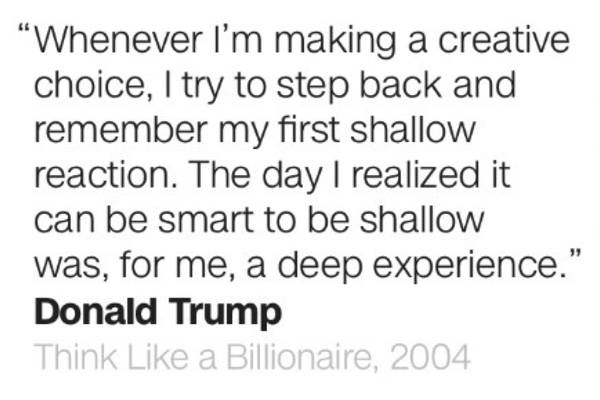Why Trump is wrong on 'political correctness'

There are very few issues that Donald Trump loves to discuss as much as his campaign against "political correctness." Tapping into a set of arguments that grew out of the culture wars in the 1980s and 1990s, Trump has taken every opportunity possible to tell voters that he says what he thinks and refuses to be confined by what "liberals" agree to be acceptable. And while most of the political correctness debate has centered around college campuses, Trump applies this term to almost every issue. The pressure to be politically correct, in his mind, is the cancer that eats away at America.
The most recent incarnation of this rhetorical war came in the aftermath of the horrendous mass shooting in Orlando, when Trump condemned President Barack Obama and Hillary Clinton for both refusing to use the term "radical Islam." They were putting political correctness above national security, he said in his post-massacre address.
On the face of it, Trump's bravado is a superficial part of the campaign. But the events in Orlando were actually a powerful reminder of why politicians and political activists who take language seriously have been doing much more than serving as "thought police." They have been engaged in a long struggle to fight against ugly, discriminatory cultural traditions that marginalize, ostracize and demonize entire social groups in ways that create a dangerous and toxic environment legitimating injustice.
The attacks on "political correctness" really took hold when the culture wars raged in the Age of Reagan. As historian Andrew Hartman argued in "A War for the Soul of America," the early opponents of "political correctness" brought attention to institutions of higher learning, "which many people came to think of as leftist redoubts where standards were destroyed and the best of Western civilization had been replaced by a 'politically correct' mishmash of multicultural nonsense." The warriors against the politically correct were picking up on the strategy of British conservatives who in the mid-1980s called their opponents the "loony left" for a similar purpose.
President George H.W. Bush brought the term to political life in May 1991, at the University of Michigan, where he warned: "although the movement arises from the laudable desire to sweep away the debris of racism and sexism and hatred, it replaces old prejudices with new ones. It declared certain topics off-limits, certain expression off-limits, even certain gestures off-limits." ...